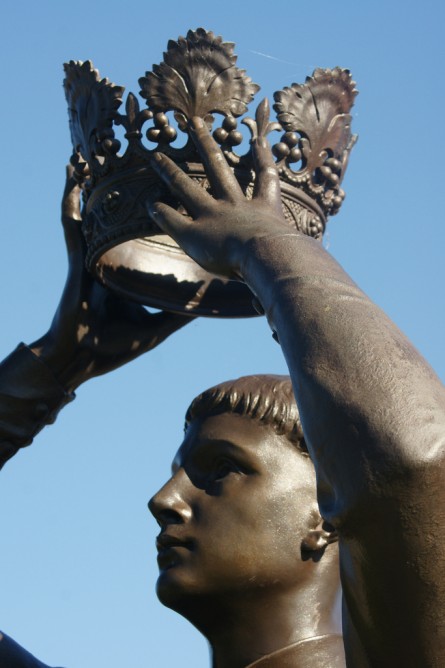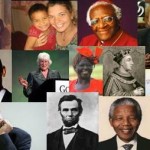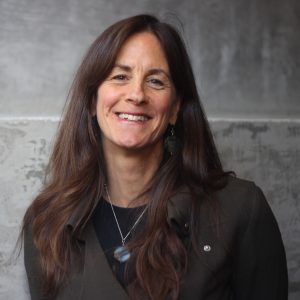Henry the Fifth, as characterized by William Shakespeare, is the quintessential heroic leader – bold, manly, inspiring, strong, passionate, ready to bravely battle against all odds, ready to lead all of those that believe — heart and soul — in what he proclaims to be right and true. Phew. That sort of leader is great in movies (and plays), but is not fit for purpose in the boardrooms, meeting rooms, or classrooms of the 21st century.
What challenges do leaders of the 21st face that their predecessor didn’t? In times past, leaders led by controlling flows information, communication, and resources and relied on their world being analyzable and predictable. In the 21st century, ordinary people, like you and I, have the capacity to share information with millions (perhaps billions) of people all over the world in real time using a mobile phone or laptop. In the 21st century, words like driest/wettest/coldest/earliest have become the norm in the weather forecast. In the 21st century, too-big-to-fail companies can, and do, and will continue to fail. In the 21st century, a person with a good idea can raise millions of dollars in days after banks and investors said the idea wasn’t good enough.
Leadership for a volatile, unpredictable, and ultra-high speed world
Like Henry V, leaders of the 21st century need to be bold, inspiring, and passionate. They also need to be ready to bravely lead, not into battle, but into a world that is volatile, unpredictable, and ultra-high speed. Unlike Henry V, leaders of the 21st century cannot rely on controls, heroics, or expecting/demanding others to simply follow. They will need new leadership models borne from deep self-knowledge, integrity, values, and vision. They need new communication skills borne from empathy and empowerment and they need to create organizational systems that foster creativity, agility, and collaboration.
To learn more about what leaders of today believe are the qualities future leaders need to meet the challenges of the 21st century, read the Guardian article and watch the video that inspired this post, What qualities do future leaders need to meet the challenges of the 21st century? published on Thursday 12 April 2012.
Image courtesy of @chelmsfordblue


